Leslie Odom Jr. gives a performance of a lifetime in Hamilton as Aaron Burr and he rightly won the Tony for Best Actor in a Musical. Aaron Burr can be called the narrator of Hamilton - he is the one who introduces everyone, sets up the plot, and explains things to the audience. Aaron Burr can be seen as the anti-hero if one were to presume Alexander Hamilton to be the hero.
He is the protagonist who acts as the foil to Alexander Hamilton and he performs some of the best songs in the musical. These include, "Non-Stop," "Wait For It," and "Dear Theodosia." He also has some of the best quotes in the show.
10 "Why Do You Assume You're The Smartest In The Room? / Soon That Attitude May Be Your Doom."
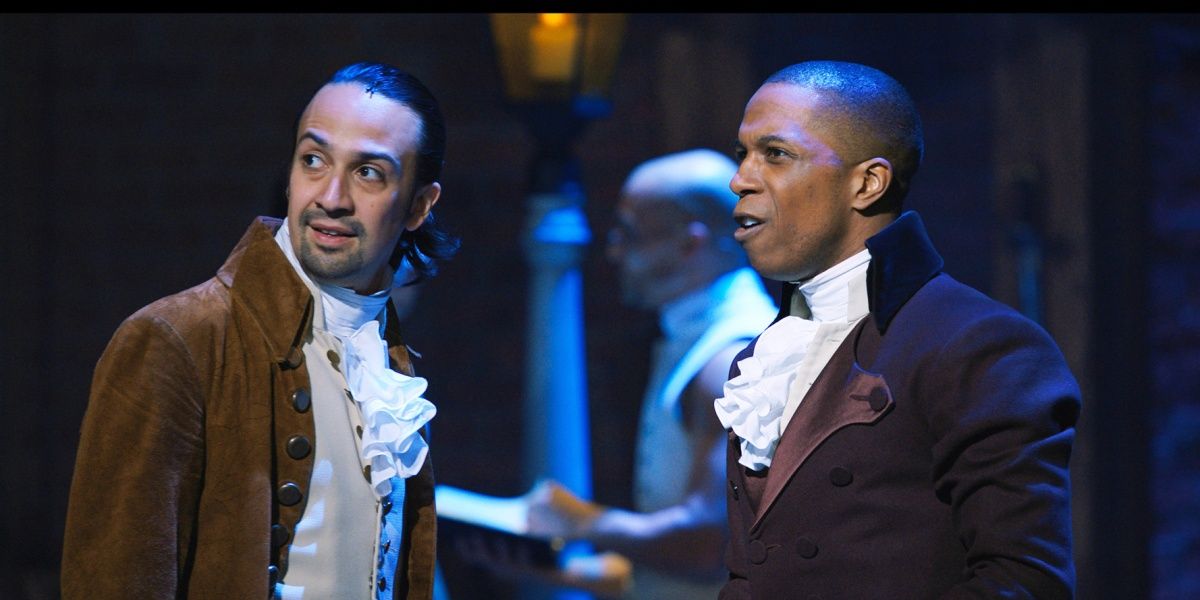
This line is from "Non-Stop" when Alexander Hamilton is on the rise. Aaron Burr is unhappy with how Alexander carries himself and is very much annoyed by his attitude.
Alexander cannot keep his mouth shut and sometimes doesn't realize that his pompous attitude may not be one that everyone enjoys. He is smart and he knows it and he shows off, as well. Aaron Burr is the opposite of this and his annoyance at Alexander comes across clearly here. It also foreshadows how it is Alexander's own "smarts" that cause his "doom."
9 "Talk Less. Smile More. Don't Let Them Know What You're Against Or What You're For."
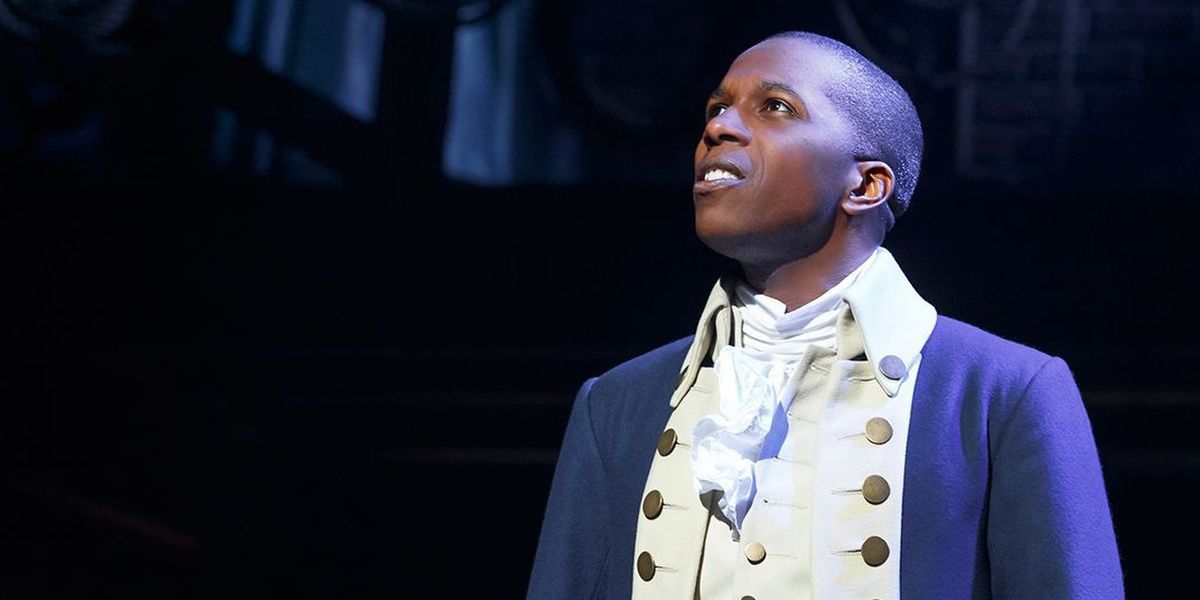
This is Aaron Burr's catchphrase of sorts. The viewers hear it first in "Aaron Burr, Sir," and then it later is repeated as his election slogan in "The Election of 1800."
In this quote, the very essence of Aaron Burr's character is captured. He is someone who wants to rise and is ready to dismiss his principles to do so. Unlike Alexander, who makes his stances and stands very clear, Aaron Burr is more discreet. He knows that the wind will change sooner or later and wants to make sure he outlasts what he sees as petty differences.
8 "Fools Who Run Their Mouth Off Wind Up Dead."
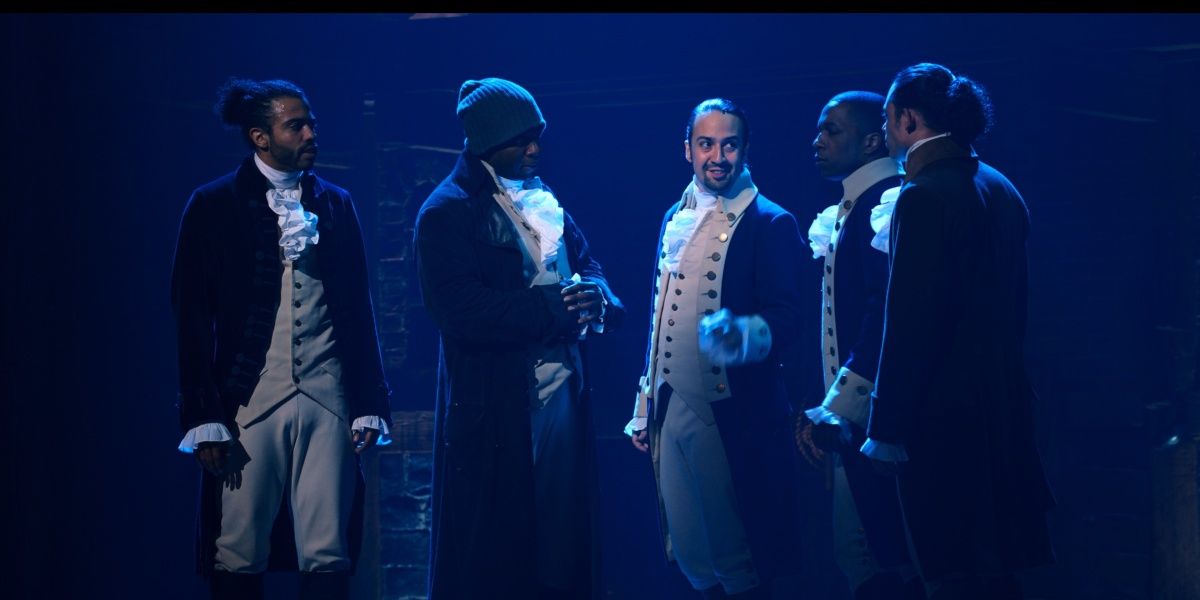
This is yet another quote from "Aaron Burr, Sir" that makes more sense after watching the whole musical. Aaron Burr gives this advice to Alexander who, as it turns out, will die at Burr's own hands for this very reason.
Another item of note - the one who immediately follows this line is John Laurens, who starts his own verse. John Laurens is one of the first characters to die in the show. So this quote becomes very meaningful when these two deaths are placed in context.
7 "And If There's A Reason I'm Still Alive / When Everyone Who Loves Me Has Died / I'm Willing To Wait For It."
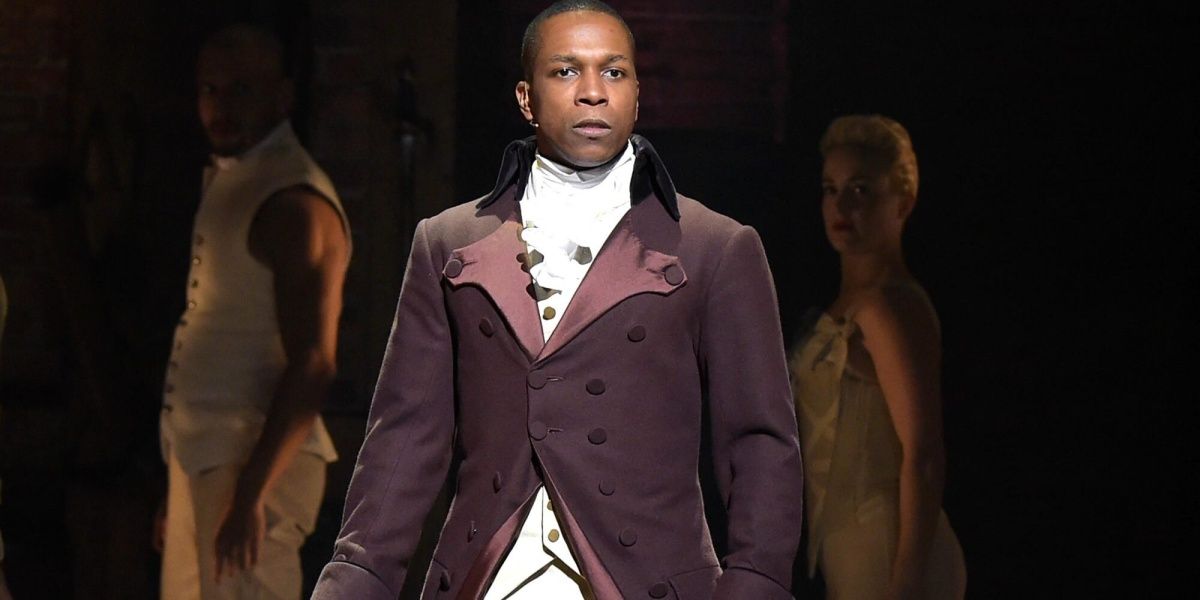
Like Alexander, Aaron Burr is an orphan. He lost his parents at a young age and they left him only a legacy to protect. He compares his own life to Alexander's. Alexander is relentless because he has nothing to lose and he doesn't come from a family of repute. He only has something to gain, and something to prove.
Aaron Burr, on the other hand, comes from a reputable family. He doesn't think it wise to chase after things non-stop as Alexander does. And so there comes a major divide between these characters. Aaron Burr is willing to "Wait For It," while Alexander is "Non-Stop."
6 "But He Can Keep All Of Georgia / Theodosia, She's Mine."
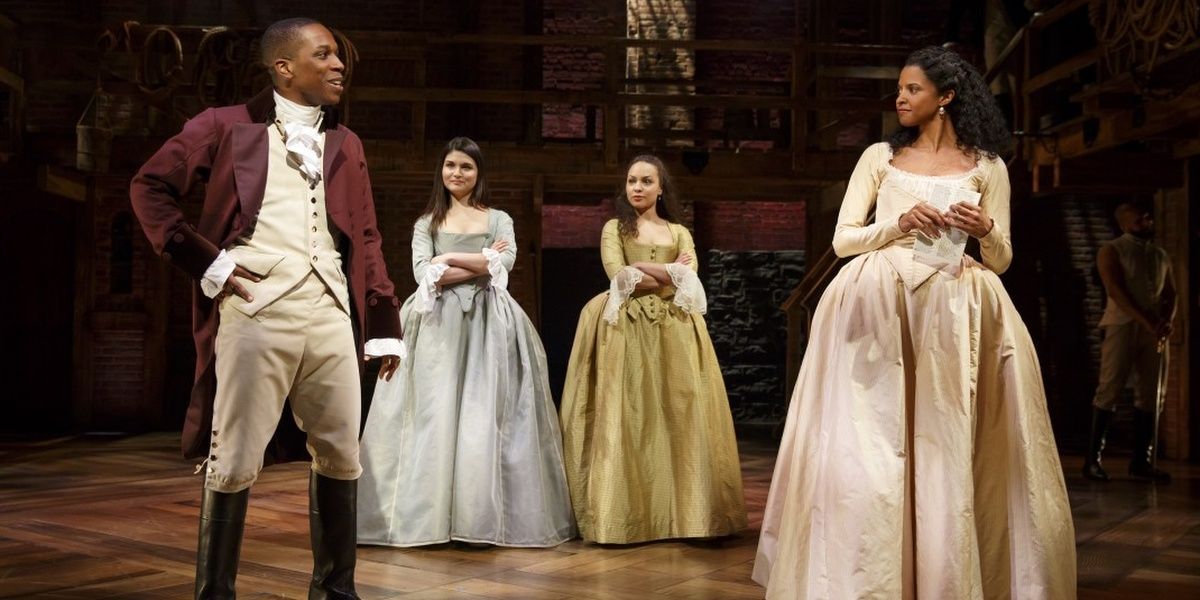
This is probably one of the cheesiest yet cutest lines in the musical. It shows a rare moment when Aaron Burr is vulnerable. The love of his life is the wife of a British officer in charge of keeping the colonies in line in Georgia. And it is in this context that Burr says the above quote.
It's not something literal. It is more romantic and poetic. Aaron Burr is at his most sensitive and vulnerable in instances like these when he's either singing about either his wife Theodosia or his daughter.
5 "I Am The One Thing In Life I Can Control / I Am Inimitable / I Am An Original."
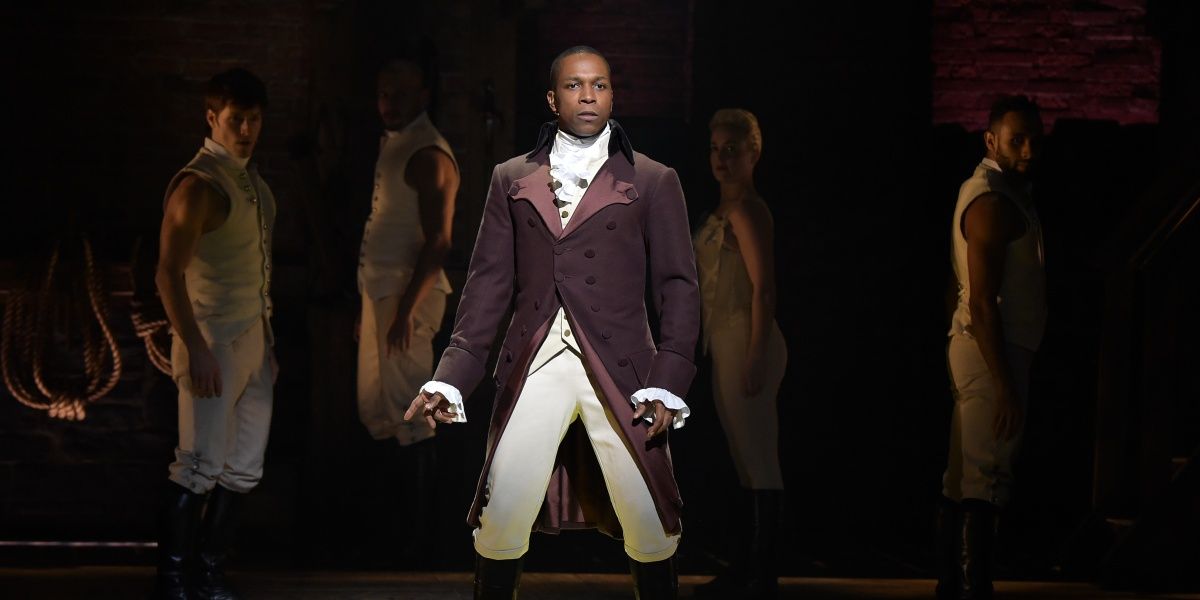
Aaron Burr introduces the title character of Alexander Hamilton in the very first song. He gives almost a biography of Alexander, but we don't learn much about the narrator Aaron Burr until "Wait For It." This quote is from that song, where viewers get to hear about his family, where he comes from, and why he is the way he is.
The first part of the quote is also something that reflects something that Washington and Alexander keep mentioning. They believe that "You have no control: Who lives, who dies, who tells your story." But Burr believes that he is the one thing he has some control over.
4 "Life Doesn't Discriminate / Between The Sinners And The Saints."
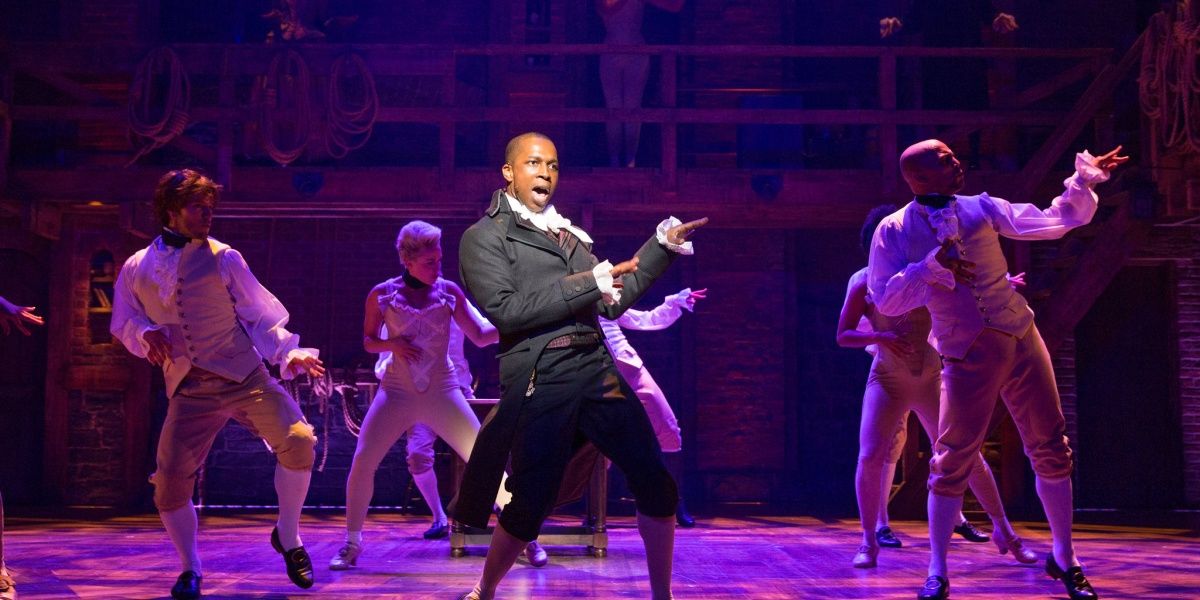
This is one of the most poignant lines in the musical. Many similar versions appear throughout the show: "Love doesn't discriminate," "Death doesn't discriminate." Life doesn't stop for anyone.
This line illustrates the idea that regardless of whether you are a sinner or a saint, things will keep happening in life. There is not much that can be controlled, including love, death, and life. This is seen in what happens to Aaron Burr, as much as with Alexander Hamilton.
3 "Can We Agree That Duels Are Dumb And Immature?"
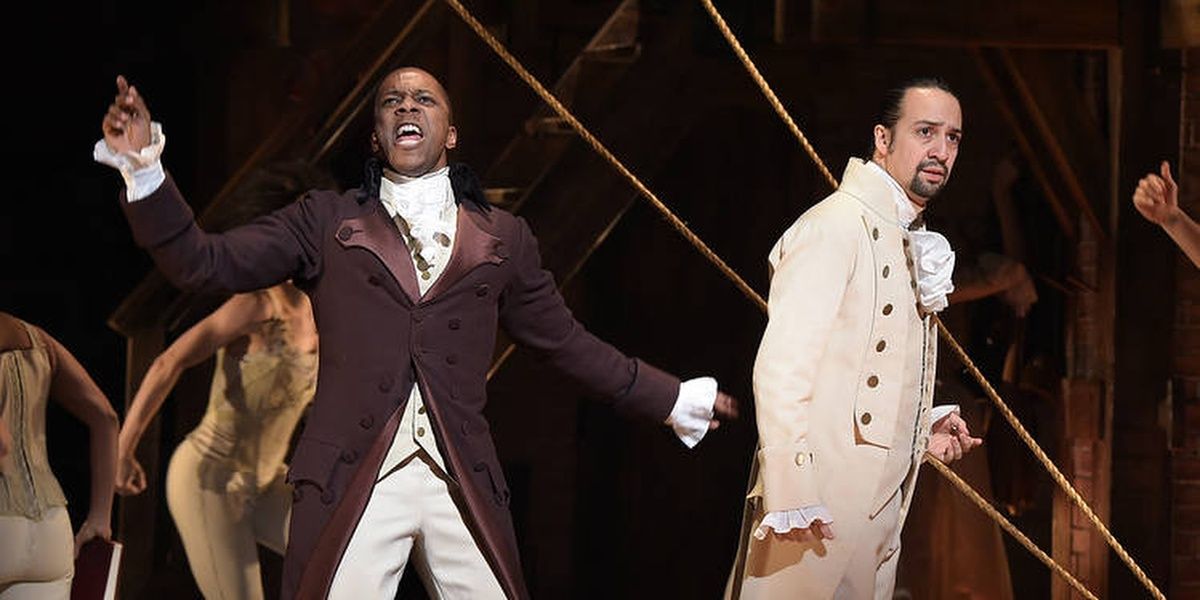
This quote by Aaron Burr is quite amusing retrospectively because someone who thought duels are "dumb and immature" at the beginning of the musical, ends up asking for a duel towards the end of the musical.
In the duel between Charles Lee and John Laurens, Alexander and Aaron are the seconds. So in their final negotiation, Burr rightly points out that duels may not the best way to solve things. This is ironic because, towards the end of the musical, a frustrated Burr challenges Alexander to a duel and actually ends up shooting him.
2 "I Wanna Be In The Room Where It Happens."
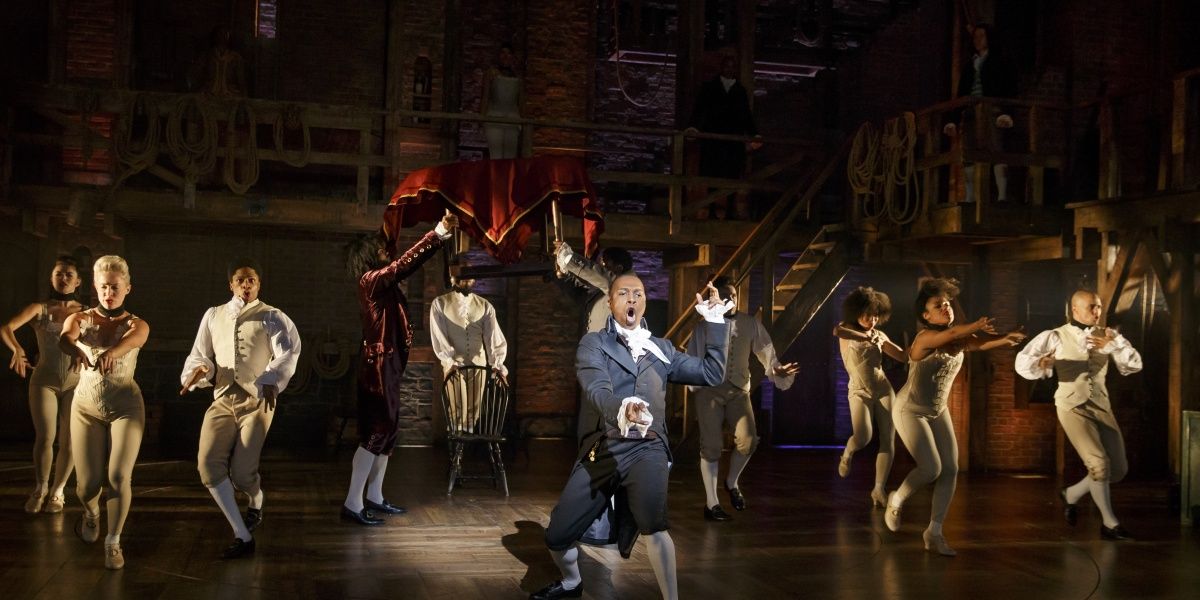
This is essentially all that Aaron Burr wants. Alexander is willing to get dirty and messy - he is willing to participate. Aaron Burr is not. He wants to keep his distance and make sure he isn't judged. But this unwillingness to actually step into the ring leads to him always being kept out of the "room where it happens."
Towards the end of this song, everyone asks Burr what is it that he actually wants and it is then that he makes this evident. That's all he wanted, that's all he wants. And that's all he's never managed to get.
1 "History Obliterates / In Every Picture It Paints / It Paints Me In All My Mistakes."
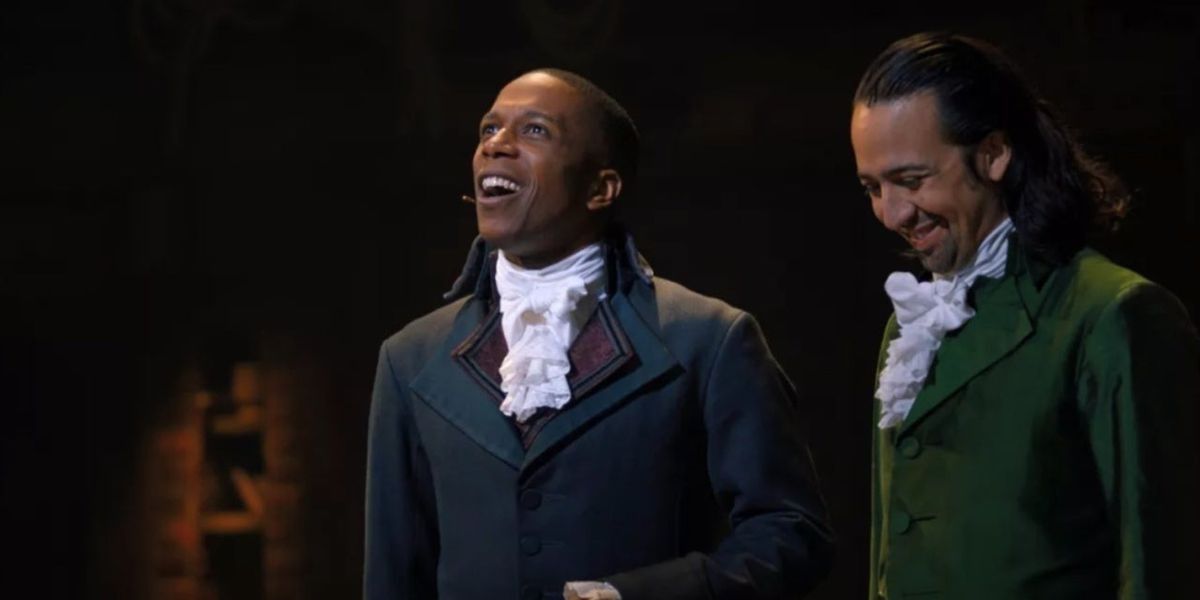
Washington tells Alexander that "history has its eyes on you." And it's true, history has its eyes on everyone. But there is no way anyone can control the narrative. No one can decide who lives, who dies, and who actually ends up telling the story.
Here, Aaron Burr notes how history has made him out to be the villain in the story without necessarily telling his perspective. This captures what Hamilton tries to do. It wants to show how history can be told differently, how a different approach may unveil a different story.
from ScreenRant - Feed https://ift.tt/2CXxcFA

No comments: